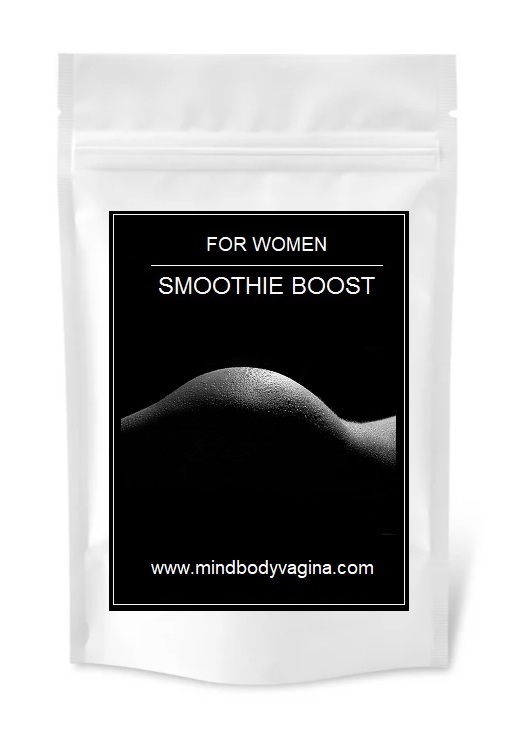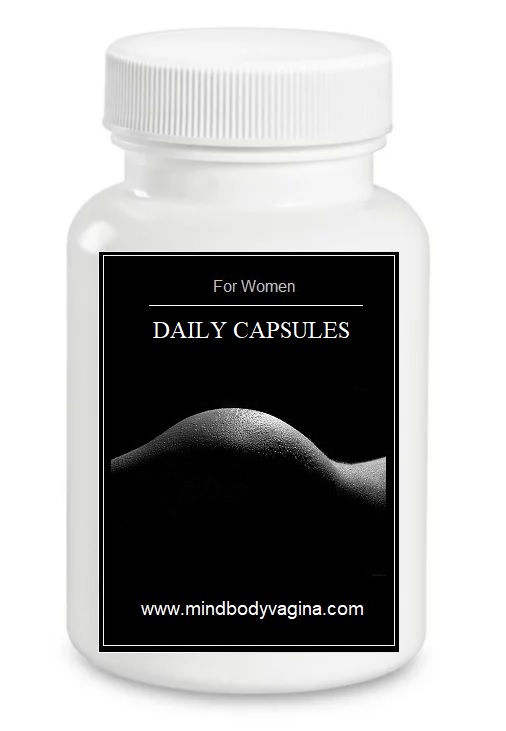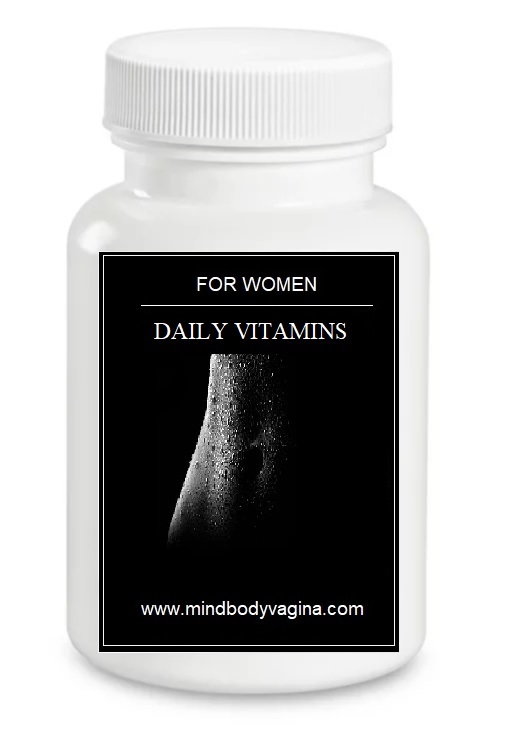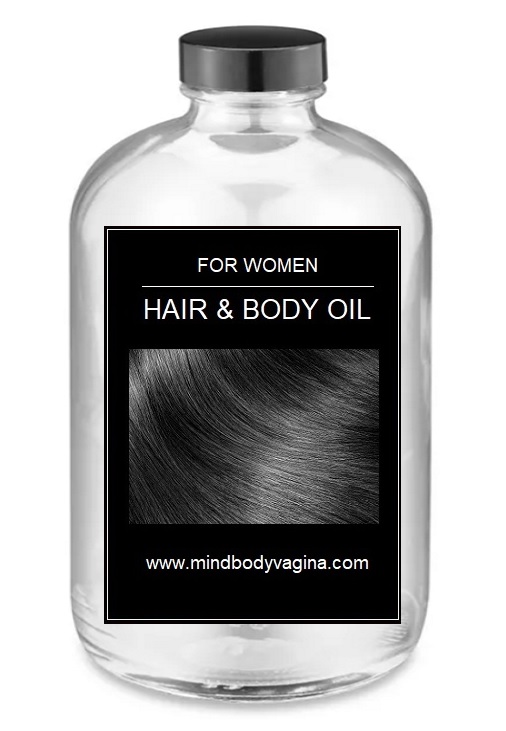Why We Age and How We Can Reverse It
Introduction
Aging is often seen as an inevitable process, but that doesn’t mean it’s entirely out of our control. While science has traditionally viewed aging as a natural, unavoidable decline, there’s growing evidence that it can be slowed and even reversed by targeting the mechanisms behind it. The idea that our bodies are “programmed” to decay over time can be challenged. Aging results from cellular processes, but these can be influenced by lifestyle choices, natural remedies, and perhaps even spiritual insight that transcends the limitations placed on us by higher powers.
Let’s explore why we age and how we can reverse it using the 9 essential elements of good health—natural herbs, mushrooms, essential oils, vitamins, minerals, amino acids, diet, exercise, and rest.
Why Do We Age?
Aging happens due to a combination of internal and external factors that cause our bodies to break down over time. Here are the key reasons:
1. Cellular Senescence
As we age, cells lose the ability to divide and renew themselves. This process is known as cellular senescence. Over time, these “aged” cells accumulate in our tissues and organs, leading to inflammation and impaired function. The longer these cells persist, the more they contribute to aging-related diseases.
2. Telomere Shortening
Telomeres are protective caps on the ends of chromosomes. Each time a cell divides, its telomeres shorten, and eventually, when they become too short, the cell can no longer divide and dies. This process is thought to be one of the main mechanisms behind aging.
3. Oxidative Stress and Free Radicals
As we metabolize oxygen to produce energy, we also produce free radicals—unstable molecules that damage cells. Over time, the accumulation of oxidative stress leads to DNA damage, contributing to aging and degenerative diseases.
4. Mitochondrial Dysfunction
The mitochondria are the powerhouses of our cells, responsible for generating energy. As we age, mitochondria become less efficient, and this decrease in energy production accelerates the aging process and contributes to age-related diseases.
5. Inflammation
Chronic inflammation, sometimes called inflammaging, is a key driver of aging. Over time, inflammation damages cells and tissues, leading to conditions like heart disease, arthritis, and dementia.
How to Reverse Aging: Addressing the Root Causes
The key to reversing aging lies in targeting these biological processes and enhancing the body’s ability to repair itself. Here’s how we can use the 9 essential elements to do this:
1. Natural Herbs
Herbs are powerful tools in combating the causes of aging at the cellular level.
- Turmeric (Curcumin): Curcumin is a potent antioxidant that reduces inflammation and oxidative stress, helping protect cells from age-related damage.
- Ashwagandha: Known for its adaptogenic properties, ashwagandha reduces stress, which is a major contributor to cellular aging. It also supports telomere health, extending the lifespan of cells.
- Astragalus: Astragalus has been shown to lengthen telomeres, protecting against cellular senescence and extending the life of cells.
2. Mushrooms
Mushrooms contain compounds that promote longevity and cellular health.
- Lion’s Mane: This mushroom supports nerve regeneration and protects the brain from aging-related cognitive decline, promoting neuroplasticity.
- Reishi: Known as the “mushroom of immortality,” Reishi helps reduce inflammation, boosts the immune system, and enhances mitochondrial function.
- Chaga: Rich in antioxidants, Chaga neutralizes free radicals, reducing oxidative stress and slowing the aging process.
3. Essential Oils
Essential oils can help fight aging both internally and externally.
- Frankincense: Promotes cell regeneration, making it particularly effective for maintaining youthful skin and healing damaged tissues.
- Rosemary: Stimulates circulation and boosts brain function, helping to reduce cognitive decline.
- Lavender: Reduces oxidative stress and promotes restful sleep, which is critical for cellular repair and longevity.
4. Vitamins
Vitamins play a crucial role in maintaining youthful health and preventing age-related decline.
- Vitamin C: A powerful antioxidant that promotes collagen production, Vitamin C helps keep skin firm and reduces signs of aging. It also helps combat free radical damage.
- Vitamin D: Critical for bone health and immune function, Vitamin D reduces inflammation and supports cellular function.
- Vitamin E: Another potent antioxidant, Vitamin E protects cells from oxidative stress and helps repair damaged skin and tissues.
5. Minerals
Minerals help support essential bodily functions that decline with age.
- Magnesium: Magnesium supports healthy DNA repair, reduces inflammation, and helps regulate mitochondrial function. It plays a key role in maintaining energy levels as we age.
- Zinc: Essential for immune function and DNA repair, zinc also supports skin health and helps prevent oxidative damage that accelerates aging.
- Selenium: This mineral works as an antioxidant, helping to protect cells from oxidative stress and promoting longevity.
6. Amino Acids
Amino acids are the building blocks of life and play a vital role in reversing the signs of aging.
- L-Glutamine: Supports cellular repair and improves skin elasticity, helping to reverse visible signs of aging.
- L-Carnosine: Protects cells from damage caused by free radicals and helps maintain the length of telomeres, prolonging cellular lifespan.
- L-Arginine: Enhances circulation and promotes the production of growth hormone, which declines with age, playing a key role in reversing aging at a cellular level.
7. Diet
A nutrient-dense, low-sugar diet can slow the aging process and support overall health.
- Antioxidant-Rich Foods: Berries, leafy greens, and nuts help combat oxidative stress, reducing the risk of age-related diseases.
- Healthy Fats: Omega-3 fatty acids from fish and flaxseed reduce inflammation and support brain health, preventing age-related cognitive decline.
- Low-Sugar Diet: Reducing sugar intake prevents the formation of advanced glycation end products (AGEs), which contribute to wrinkles and cellular aging.
8. Exercise
Exercise is one of the most powerful ways to reverse aging.
- Mitochondrial Health: Regular physical activity improves mitochondrial function, increasing energy production and slowing the aging process.
- Stress Reduction: Exercise reduces cortisol levels, preventing inflammation and cellular damage caused by chronic stress.
- Muscle and Bone Health: Strength training and weight-bearing exercises prevent age-related muscle loss (sarcopenia) and improve bone density, keeping the body strong and youthful.
9. Rest
Rest and recovery are crucial for reversing aging.
- Sleep and Cellular Repair: During deep sleep, the body repairs damaged cells and clears out toxins that accumulate during the day, essential for maintaining youthful function.
- Growth Hormone: Sleep is also when the body releases growth hormone, which plays a critical role in repairing tissues, building muscle, and maintaining youthful vitality.
- Stress Relief: Proper rest reduces cortisol, protecting cells from the inflammatory effects of chronic stress, a major contributor to aging.
Conclusion
Aging is not simply an inevitable decline but a complex process that can be slowed and even reversed by addressing its root causes. Using the 9 essential elements—natural herbs, mushrooms, essential oils, vitamins, minerals, amino acids, diet, exercise, and rest—we can combat the mechanisms that drive aging. By supporting cellular health, reducing oxidative stress, and promoting regeneration, we can unlock the body’s natural potential for longevity, vitality, and youthfulness. The idea that we are meant to age and die while greater forces battle for control over our free will can be challenged. With the right approach, we can take control of our own health and extend our lifespan, living fuller, healthier lives well beyond what was previously considered possible.






